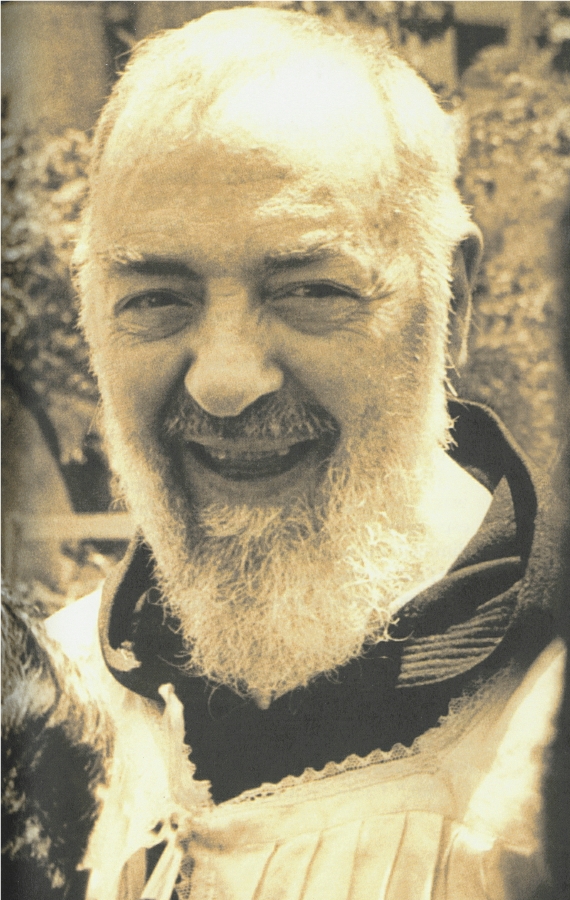Some readers are still confused on the life of the virtues. I recommend, again, the posts I have mostly referrencing Garrigou-Lagrange on this subject through the tags.
However, a little review is good. Here is Thomas Aquinas:
Summa Theologica I-II:61:4
Virtue consists in the following, or imitation, of God. Every virtue, like every other thing, has its type [exemplar] in God. Thus the Divine mind itself is the type of prudence; God using all things to minister to His glory is the type of temperance, by which man subjects his lower appetites to reason; justice is typified by God's application of the eternal law to all His works; Divine immutability is the type of fortitude. And, since it is man's nature to live in society, the four cardinal virtues are social [politicae] virtues, inasmuch as by them man rightly ordains his conduct in daily life. Man, however, must raise himself beyond his natural life unto a life Divine: 'Be you therefore perfect, as also your heavenly Father is perfect' (Matthew 5:48). It is, therefore, necessary to posit certain virtues midway between the social virtues, which are human, and the exemplary virtues, which are Divine. These intermediate virtues are of two degrees of perfection: the lesser in the soul still struggling upwards from a life of sin to a likeness with God — these are called purifying virtues [virtutes purgatoriae]; the greater in the souls which have already attained to the Divine likeness — these are called virtues of the purified soul [virtutes jam purgati animi]. In the lesser degree, prudence, moved by the contemplation of things Divine, despises all things earthly and directs all the soul's thought unto God alone; temperance relinquishes, as far as nature allows, the things required for bodily wants; fortitude removes the fear of departing this life and facing the life beyond; justice approves of the aforesaid dispositions. In the higher perfection of souls already purified and firmly united with God, prudence knows nothing but what it beholds in God; temperance ignores earthly desires; fortitude knows nothing of passions; justice is bound to the Divine mind by a perpetual compact to do as it does. This degree of perfection belongs to the blessed in heaven or to a few of the most perfect in this life.
The greatest blockages to virtue are sin, mortal and venial, and the persistence of our being influenced by our predominant fault.
One flaw can block a life of the virtues, which is why one must beg for purgation.
Heroic virtue is working under horribly difficult circumstances in order to become perfect. One sees, of course, heroic virtue in the lives of the martyrs, but heroic virtue may also point to quiet lives of constant suffering.
For example, a person who is chronically ill, but accepts God's grace to live in suffering cheerfully and with gratitude is exemplifying heroic virtue.
A man living with a wife who is unsaved, or a woman, like St. Monica, living with a pagan until he died, exhibits heroic virtue in suffering unequal yoking and even derision.
A person unable to pull themselves out of dire poverty but accepts the limitations in grace and peace shows heroic virtue.
Someone who forgives a betrayal from a friend, or from a spouse in a marriage, may show us heroic virtue.
Some holy people in heaven are there because of manifesting heroic virtue, rather than perfection. For example, a person under an oppression may gain heaven through a lifetime of suffering.
Padre Pio showed us many virtues, but he also shows us heroic virtue, as he was persecuted by his own monastery.
So many saints had to endure misunderstandings, or sins, lies, even the envy, of others around them, such as St. Faustina and St. Bernadette.
Heroic virtue means enduring under very difficult circumstances. One person who will be recognized as "blessed" soon is Pope Paul VI. I have maintained for a long time that his holiness, as stated by the Pope Emeritus in December of 2012, is based on heroic virtue.
Paul VI promulgated
Humanae Vitae against the advice of many in the Church, indeed, in the Vatican.
As the most significant and prophetic encyclical of our time, this document shows that the Pope endured with heroic virtue. He may have found himself isolated even in his own place for this decision to share God's Will concerning life and procreation.
Some get to heaven purely by martyrdom. Some by actions and consistency of heroic virtue.
As a loyal daughter of the Church, I trust the canonization process and the current Pope to only follow the promptings of the Holy Spirit when expressing opinions from the Chair of Peter.
May many Catholics, who do not reach perfection on earth, merit heaven through heroic virtue. I think we are even now being given the chance.






.jpg)




